SOCRATES: Now, Nicias, tell me – or rather, tell us, since Laches and I are sharing the discussion between us – your argument is that bravery is knowledge of what is fearful and what is encouraging, isn’t it?
NICIAS: Yes.
SOCRATES: And this isn’t something everyone is aware of … unless they supplement their own knowledge with this particular kind. Isn’t that what you said?
NICIAS: Yes, it was.
SOCRATES: So, it’s actually not something any pig would know, as the saying goes, and a pig couldn’t be brave.
NICIAS: No, I think not. …
SOCRATES: I think that if one puts forward this theory, one is forced to deny that any animal whatsoever is brave. …
NICIAS: ‘Brave’ is not a word I use to describe animals, or anything else that’s not afraid of danger because of its own lack of understanding; I prefer ‘fearless’ and ‘foolish.’ Or do you suppose I call every little child brave because it doesn’t understand, and so is not afraid of anything? No, I think to be unafraid and to be brave are two quite different things. Bravery and foresight are, in my opinion, things a very small number of people possess; whereas being reckless, daring, fearless and blind to consequences is the norm for the vast majority of men, women, children and animals. So you see, what you and most people call brave, I call reckless: brave actions are those coupled with wisdom, as I said.
(Laches, 196d-197e)


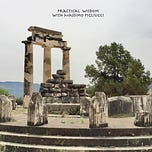


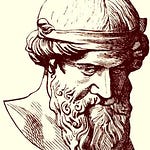
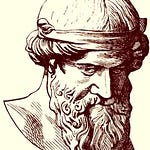
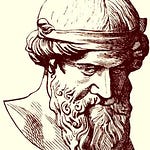

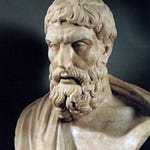
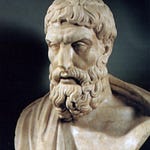
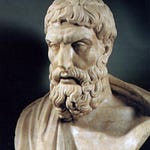
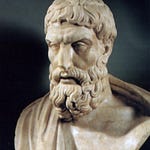
Share this post